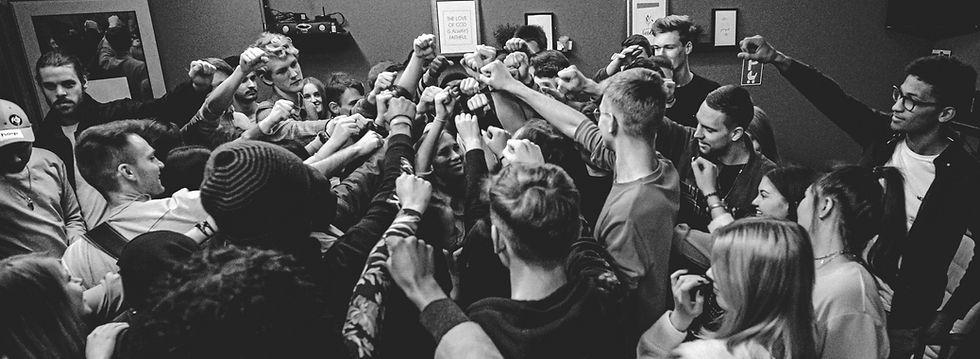
RESTORATIVE JUSTICE MODEL
We believe in a Restorative Justice Model that focuses on repairing harm, building relationships, and fostering personal responsibility.
Building Trust
-
Our Peer Mentors engage in relationship-building that is empathetic, patient, and non-judgmental. Mentors model accountability and empathy, helping participants feel understood and supported.
-
Participants can express themselves without fear of punishment or judgment. This fosters trust and makes it easier for both parties to be vulnerable and engage in the process.
-
Mentors encourage participants to talk about their experiences, their past mistakes, and their aspirations. These conversations provide participants with opportunities to speak openly.
The Importance of Language
-
At Road to Empowerment, we believe in the importance of Person-first and humanizing language that is preferred over the derogatory terms like "offender", "inmate", "convict", "parolee", and "felon"
-
Carceral System is preferred over “Criminal Justice System.” Not all who violate the law (commit a crime) are exposed to this system and justice is a relative term that many people do not positively associate with our current model.
-
Carceral-impacted describes someone who is currently or has been in custody, detained, incarcerated or surveilled by law enforcement.
-
For the reasons above, many prefer this term over “justice-involved.”
Accountability and Moving Forward
-
Restorative justice involves taking responsibility for past actions, but it does not mean placing blame or stigmatizing individuals. Mentors work participants on setting personal goals, creating plans for positive change, and fostering accountability through reflection and discussions about their growth.
-
For foster youth, restorative justice can help understand the emotional impact the past might have on themselves and others, while providing the resources and support they need to rebuild.
Developing Skills and Resources
-
We strive to integrate restorative justice principles in life skill-building workshops, focusing on emotional regulation, conflict resolution, and communication skills. These help foster self-reflection, self-empowerment, and the skills necessary to build healthy relationships in the future.
-
Our participants often face significant barriers to re-entering society. Mentors work with our participants to develop these critical life skills that will support them in becoming positive members of their communities and in reintegrating into society.
Restorative justice is not just about punishment or correction; it is about healing and transformation, allowing individuals to become agents of positive change in their own lives and within their communities.
"I wish people wouldn’t stereotype formally incarcerated people as lost causes or unemployable, not knowing the root causes of their incarceration tends to label an individual without merit." - Adam Paoli, Mentor
